Textile Industry – Before drinking tea or coffee in a paper cup, know its disadvantages, you will be surprised! 19-12-2023
“The right choice for your production”
Textile Industry
Crude Oil Prices Trend
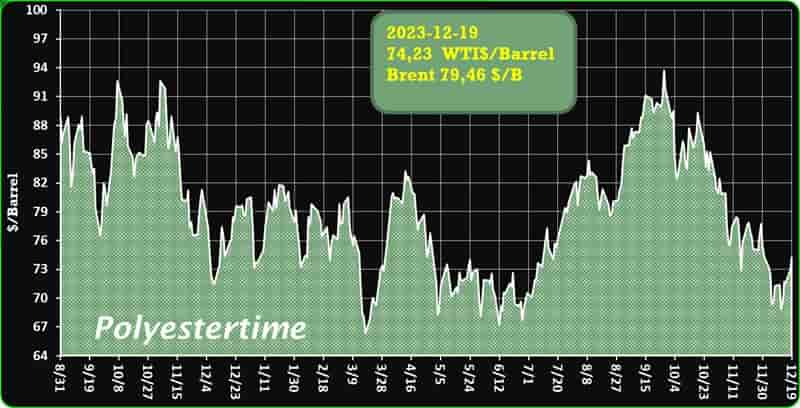
Crude Oil Prices Trend by Polyestertime
Flame Retardant Could Be Made From Discarded Cocoa Husks
On cocoa farms around the world, cocoa beans are pulled from their pods, and the hard husks are discarded, leaving 20 million tons of plant waste to biodegrade and potentially harm future crops. These husks are a source of lignin, a substance that gives plants their rigidity. It’s extremely abundant—but often wasted.
A new study published in the journal ACS Sustainable Chemistry and Engineering found that the lignin processed from leftover cocoa pod husks could have a new use as an ingredient in flame retardant. Textile Industry
“Lignin is pretty special, as it is very soluble in organic solvents,” said study co-author Dr. Nicholas Westwood, a professor of chemistry and chemical biology at St. Andrews University in Scotland, in an email. This means lignin can be chemically manipulated to create a number of useful substances relatively easily.
Because of lignin’s malleability, Westwood and his coauthors were able to add a flame-retardant molecule to the processed substance, and found that the modification increased its already naturally high ability to smother flames.
That’s just one possible application. While lignin hasn’t found widespread industrial use yet, scientists hold hope for it to become a greener alternative for fuel and a biodegradable plastic instead of just being leftovers. Processing biomass for food or fuel also produces a massive amount of lignin as a byproduct, which has been converted to materials like activated charcoal or carbon foam. “There are endless possibilities,” Westwood said. Textile Industry

Sales of electric cars with Chinese batteries blocked in the United States
In response to the growing influence of Chinese electric car manufacturers and concerns about national security, the Biden administration has taken steps to impede the sale of electric vehicles (EVs) equipped with Chinese batteries and components in the United States. Despite the inevitable shift towards electric mobility, the government aims to curb the proliferation of EVs with ties to China. China has emerged as a major global player in electric vehicle battery production, prompting the U.S. to safeguard its market against potential vulnerabilities.
To deter the adoption of EVs with Chinese connections, the American government has implemented new eligibility criteria for incentives under the “Inflation Reduction Act” plan. Prospective buyers can now qualify for a tax credit of up to $7,500 only if the electric car they purchase does not contain batteries manufactured in the “foreign entity of concern” or components from China, Russia, North Korea, and Iran. Textile Industry
Another stipulation requires that no critical minerals used in the electric car’s components are sourced from China.
This move not only impacts Chinese automakers but also affects global manufacturers like Stellantis and Ford, as it restricts the sale of vehicles with Chinese batteries. While the initial provision faced criticism due to the U.S. automotive sector’s inability to produce electric car batteries independently, adjustments have been made to exclude specific materials from the restriction, as outlined by the U.S. Treasury Department.

Euro area Dec biz activity falls steeper; manufacturing leads downturn
INSIGHTS
- Business activity in the euro area fell at a steeper rate in December, according to provisional purchasing manager’s index survey data, according to S&P Global Ratings and Hamburg Commercial Bank. Textile Industry
- Manufacturing led the downturn, with output falling for a ninth month running, the rate of decline re-accelerating after the moderation seen in November.
Business activity in the euro area fell at a steeper rate in December, according to provisional purchasing manager’s index (PMI) survey data, closing off a fourth quarter that has seen output fall at its fastest rate for 11 years barring only the early-2020 pandemic months, according to S&P Global Ratings and Hamburg Commercial Bank (HCOB).
Downturns were again recorded across the manufacturing sector, which reported a further steep fall in inflows of new business, leading to a further depletion of backlogs of work.
Jobs were cut for a second month running as firms scaled back operating capacity in line with the worsening order book situation and persistent gloomy prospects for the year ahead, with future sentiment remaining well below its long-run average despite lifting slightly higher. Textile Industry
Factories also cut inventories of inputs at a rate not seen since 2009.
Inflation signals in the euro area were mixed: input cost inflation cooled but selling price inflation accelerated, the latter notably remaining elevated by historical standards, S&P Global said in a release.
The seasonally adjusted HCOB Flash eurozone composite PMI output index registered 47 in December, down from 47.6 in November to signal a seventh consecutive monthly reduction in business activity across the euro area. Textile Industry
The weak reading rounds off the sharpest average quarterly decline in activity recorded by the survey since the fourth quarter of 2012, if early pandemic lockdown months are excluded.
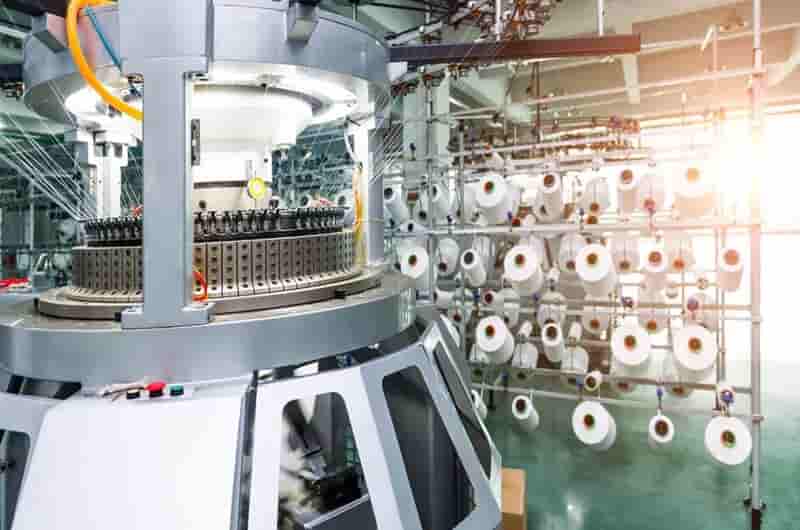
Before drinking tea or coffee in a paper cup, know its disadvantages, you will be surprised!
- The Deceptive Allure of Convenience
The allure of convenience is undeniable, especially in a society that values efficiency and time-saving solutions. Paper cups, celebrated for their disposability, seem to offer a quick and easy fix for those constantly on the move. However, does the convenience of a paper cup overshadow potential health and environmental concerns?
1.1 Environmental Fallout
While the disposable nature of paper cups may seem convenient, it comes at a considerable environmental cost. Textile Industry
The seemingly innocent act of using a paper cup contributes to the already escalating problem of single-use plastic alternatives. The environmental fallout demands a closer look at the true impact of our convenience-driven choices.
- The Plastic Predicament
Contrary to popular belief, paper cups are not entirely made of paper. They often feature a hidden plastic lining, a design choice aimed at preventing leakage. This raises questions about the environmental friendliness of these seemingly innocent vessels.
2.1 The Recycling Quandary
The blend of paper and plastic in these cups creates a recycling challenge.
The intricate separation process required for recycling diminishes the eco-friendly image of paper cups. This underscores the need for a more sustainable approach to our daily choices. Textile Industry
- The Temperature Tango
One may not consider the interaction between hot beverages and paper cups, but this delicate dance can impact both taste and safety.
3.1 Heat and Chemical Interaction
When hot liquids come into contact with paper cups, chemical interactions can occur. This phenomenon raises concerns about the potential transfer of harmful substances from the cup to your drink. Textile Industry
The unsuspecting consumer may be unknowingly exposed to these substances, highlighting a previously overlooked aspect of the paper cup experience.

Shale production in the United States restarts, threat to OPEC
Shale oil production is experiencing a resurgence in the United States, posing a significant challenge to OPEC+’s efforts to constrain production for price control. The current surge indicates an estimated daily output of 13.3 million barrels, surpassing the previous US federal government prediction of 12.5 million barrels, and even surpassing the entire production of Venezuela. Textile Industry
This revival in shale production is attributed to advancements in technology, which have streamlined and accelerated the extraction process. In the aftermath of the 2014 market bubble that impacted the sector, American companies redirected their focus towards process enhancement and ensuring the profitability of investments, resulting in a notable rebound in shale oil production.
As reported by Bloomberg, the resurgence of shale in the United States threatens to disrupt OPEC+’s strategic approach, which relies on limiting production to influence and stabilize oil prices. The scale of the production increase underscores the resilience and adaptability of the US shale industry, underscoring its potential to reshape the global oil market landscape. Textile Industry
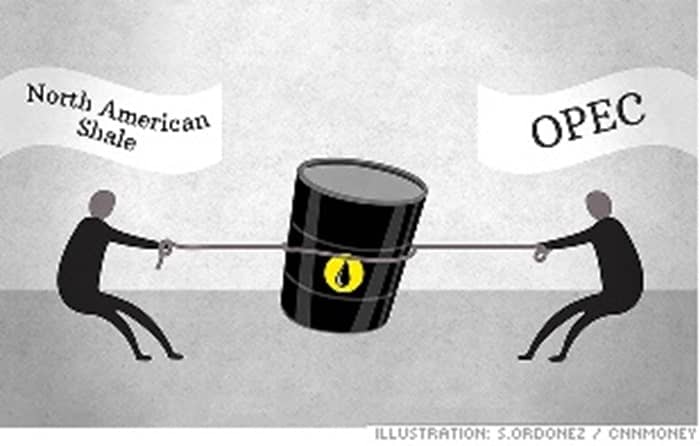
Bangalore Hosts The Lenzing Conclave: Spearheading Sustainable Solutions for the Textile Industry
The Lenzing Group, a global leader in wood-based specialty fibers, organized ‘The Lenzing Conclave’ in Bengaluru. This event served as a platform for brands, retailers, and selected garment manufacturers to gather and exchange insights on current consumption trends and the future trajectory of textile fibers and fabrics leading up to 2030. The discussions delved into the crucial factors driving dynamic transformations within the industry.
The showcase featured a comprehensive display of end-products utilizing Lenzing fibers across various segments such as denim, home textiles, intimate and loungewear, general outerwear, and traditional wear. Participants had the opportunity to directly experience Lenzing’s latest products and innovations. Textile Industry
Notably, the exhibition highlighted the impressive variety of LENZING™ ECOVERO™ black fibers, renowned for delivering exceptional depth of black color in fabrics, and LENZING™ ECOVERO™ with REFIBRA™ technology, a step closer to a circular economy. This innovative offering reflects Lenzing’s commitment to sustainability and the pursuit of groundbreaking products. Recently, Lenzing transformed its Indonesian manufacturing site to produce LENZING™ ECOVERO™ fibers, certified with the internationally recognized EU Ecolabel for environmental excellence[1]. The site will also provide LENZING™ ECOVERO™ black fibers for Asian customers. Textile Industry
As a trailblazer in the evolving textile industry, Lenzing continues to introduce pioneering and environmentally conscious solutions that align with the evolving demands of the Indian market. The conclave witnessed enthusiastic participation from essential stakeholders, fostering valuable networking opportunities and collaborative dialogues, further solidifying Lenzing’s position as a frontrunner in the ever-changing textile landscape.
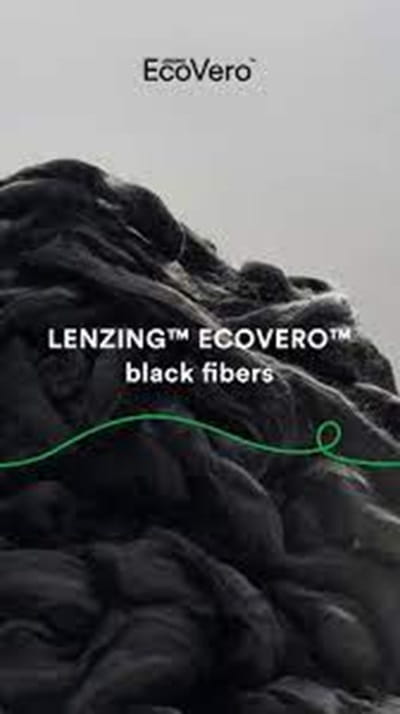
With over two decades of experience in the Italian packaging machinery industry, I have played a pivotal role in contributing to the sector’s unprecedented success
As of 2023, the industry has achieved a groundbreaking milestone, surpassing €9 billion in total sales revenues, marking a remarkable 6% increase from the previous year and securing its third consecutive record.
My leadership as the Ucima Chairman has witnessed the industry’s robust growth primarily driven by exports, constituting an impressive 81.3% of revenues and expected to reach €7.36 billion by year-end—an outstanding 12% surge from 2022. Notably, export sales have seen substantial increases across diverse geographical regions, with North America, the European Union, Asia, and South America experiencing year-on-year growth ranging from 17% to 31%. Textile Industry
Despite the positive outlook for 2024, challenges loom on the horizon, notably the impact of evolving geopolitical scenarios and pending EU directives on packaging usage. Nevertheless, the industry remains resilient, having secured a record 8.2 months’ worth of orders.
While celebrating these achievements, there is a need for cautious optimism, as domestic sales have experienced a concerning 14% decline, attributed to the inflationary crisis and uncertainties surrounding Industry 4.0. As the industry navigates through these challenges, the RePowerEU initiative’s allocation of €6.3 billion for the Industry 5.0 plan is seen as a positive development, though more clarity is sought on fund distribution and criteria. Textile Industry
In terms of global leadership, the Italian packaging industry continues to shine, with Italian-made technologies enjoying sustained demand worldwide. I have championed innovation within the industry, emphasizing the integration of artificial intelligence solutions into machinery—a key focus for future development and international expansion.
Ucima’s active involvement in advocating for the Italian waste recycling model is evident in our collaboration with other supply chain associations. The recent positive outcome in the European Parliament’s packaging directive vote is applauded, but our commitment to defending our unique waste recycling system remains unwavering. Textile Industry
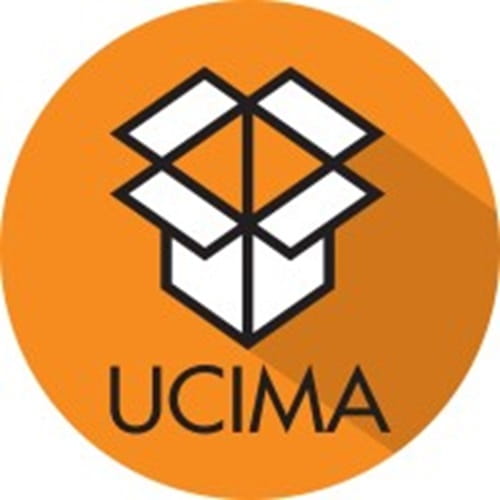
Plastic loop – Eurecat Develops New Ultra-Thin Smart Interface for New Generation of Cars 18-12-2023
Textile Industry

